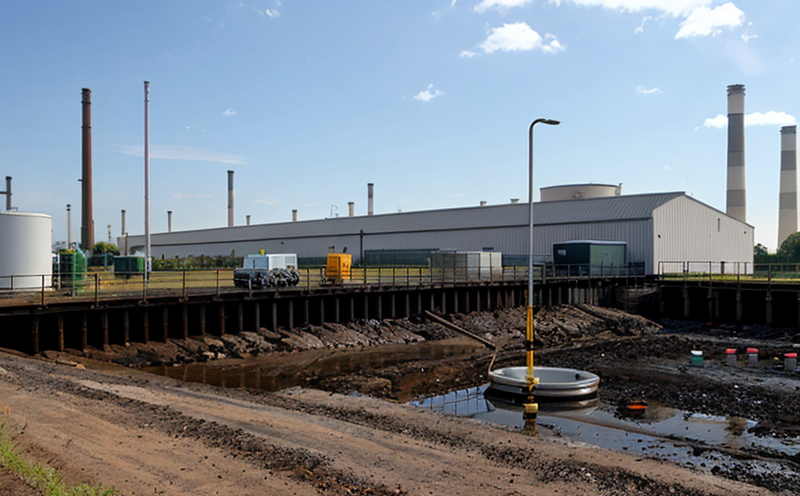ASTM D6975 Biofilm Formation Monitoring Test in Industrial Water Systems
The ASTM D6975 biofilm formation monitoring test is a critical tool for quality managers, compliance officers, R&D engineers, and procurement teams working with industrial water systems. This method specifically targets the challenge of biofilm formation within these environments, which can lead to significant operational issues if not managed properly.
Biofilms are communities of microorganisms that adhere to surfaces immersed in a liquid medium. In industrial water systems, biofilm growth can cause fouling, corrosion, and increased microbial contamination, ultimately affecting the quality of the treated water. The ASTM D6975 test provides a standardized approach for monitoring the formation and development of these biofilms.
The procedure involves inoculating a surface with microorganisms under controlled conditions to observe the initial stages of biofilm growth. This allows operators to evaluate the potential for biofilm formation early on, enabling them to implement preventive measures or adjust operational parameters accordingly. The test is particularly useful in sectors such as pharmaceuticals, food and beverage processing, and water treatment facilities where maintaining water quality is paramount.
The ASTM D6975 protocol specifies a series of steps for preparing the surface, inoculating it with microorganisms, culturing conditions, and assessing biofilm formation. The test apparatus typically includes flat surfaces made from materials known to promote or inhibit biofilm growth, depending on the application. By using this standardized method, laboratories can ensure consistent results across different facilities.
The ASTM D6975 biofilm formation monitoring test is a valuable tool for identifying and addressing potential biofilm issues before they become critical problems. It allows stakeholders to make informed decisions about maintenance schedules, chemical treatments, and operational strategies. Early detection of biofilm growth can lead to significant cost savings by preventing equipment failures and ensuring continuous compliance with regulatory standards.
For industrial water systems, the ASTM D6975 test is part of a broader suite of environmental monitoring practices that help maintain water quality. By integrating this method into routine testing protocols, organizations can proactively manage biofilm risks and protect their infrastructure from costly downtime or repairs.
Applied Standards
| Standard Name | Description |
|---|---|
| ASTM D6975-18a | This standard specifies the procedure for biofilm formation monitoring in industrial water systems. It provides a method to quantitatively measure early stages of biofilm development. |
International Acceptance and Recognition
- The ASTM D6975 test has been widely accepted in North America, Europe, and Asia for its reliability and accuracy.
- This standard is often referenced in international regulatory frameworks to ensure consistent biofilm monitoring practices across borders.
Environmental and Sustainability Contributions
- The ASTM D6975 biofilm formation monitoring test helps reduce the environmental impact of industrial water systems by minimizing biological fouling. This leads to more efficient use of resources.
- By preventing biofilm-related issues, this method supports sustainable practices in industries that rely heavily on water quality.





